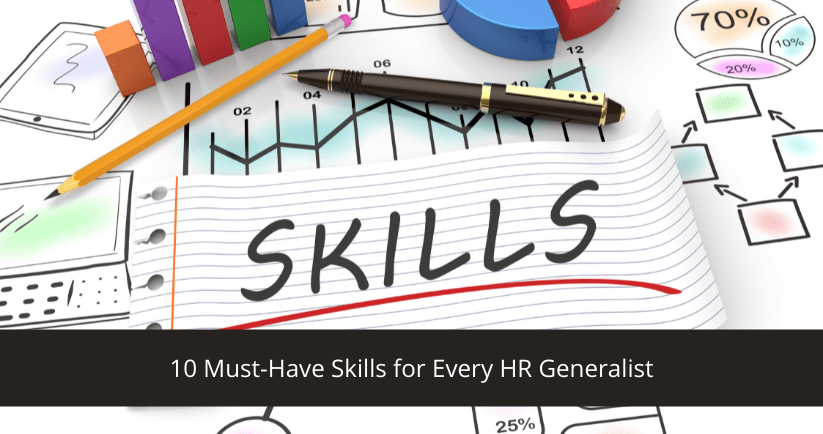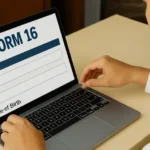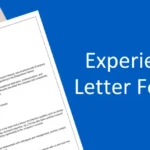Modern HR is a very different arena compared to the clerical HR duties of yesteryears. Although administrative tasks still comprise a massive chunk of their daily tasks, the HRs are also required to take care of the current requirements of the modern workforce. In the last decade, the workplace has changed a lot and so have the expectations of the staff.
HRs have become responsible for improving employee engagement along with their traditional tasks. They are required to develop engagement strategies and help the other departments manage the employees effectively. Hence, the HR generalist is tasked with more creative responsibilities than ever before. HRs are required to take on the role of a friend, mentor, advisor, and even coach as per the circumstances. Hence, let us understand the ten must-have skills for every HR generalist and how it helps the organization have a productive and engaged workforce.
What is an HR Generalist?
Before we begin, we need to understand the true meaning of HR generalist. To put it in simple terms, an HR generalist refers to an HR who is tasked with a broad range of HR responsibilities. They undertake multiple general HR tasks instead of focusing on any particular one. Their duties comprise a wide range of processes, including recruitment, performance, appraisal, payroll, administration, attendance, upskilling, etc.
Generally speaking, the HR generalist looks after the core HR tasks such as maintaining employee records, managing the employee payroll by ensuring statutory compliance, providing support to the employees whenever required by resolving their doubts and queries, and much more. Hence, they need to have a multitude of talents and skills to undertake their daily tasks efficiently.
Let us dive in deeper to understand 10 of the most essential skills that help the HR generalist undertake their tasks effectively:
1. Multitasking
Since the HR generalist is tasked with multiple tasks and responsibilities, they should be good at multitasking. Their everyday duties include undertaking interviews, coordinating with different departments, staying up to date with the latest legal employment laws, and helping the employees whenever required. To ensure that all of these tasks are completed on time, HR will have to multitask several things and remain organized. In some scenarios, HR might also be required to take care of non-conventional tasks such as resolving conflicts, strategizing new activities to improve employee engagement, etc. If they fail to multitask effectively, these non-traditional tasks will take up their productive time, leading to delays in completing their daily tasks. Hence, multitasking is a crucial skill required by every HR generalist.
2. Communication
Communication is another must-have skill for any HR generalist as they are required to correspond with several departments of the organization. In fact, it is the most common skill mentioned on every job description for the position of HR. Being an HR, you represent your company for your employee while also acting as the voice of the employees for the organization. To pull off this unique feat, lucid communication is essential. Additionally, HR would be required to connect with individuals at different designations, from the CEO to the janitor, differently while also maintaining professionalism. Hence, clear communication is essential for an HR generalist.
3. Technology
The modern HR domain is entirely different from the HR department of yesteryear; technology has made it easier to complete routine administrative activities. However, it also requires that HR be tech-savvy. HR software, commonly known as ‘Human Resource Management System’ or HRMS, has become an essential part of the HR department as it helps them perform their duties effectively and efficiently. The HRMS is also integrated into the ERP of most companies, and hence, having a good knowledge of HRMS and an excellent hands-on experience in related technologies has become essential for modern HR.
5 Ways to Restore the Human Touch back in Human Resources
4. Coaching
Coaching is another skill required by the modern HR generalist as it helps them close the skill gaps in the organization. While there would be a dedicated team of trainers for coaching the new employees, the HR are the ones who mainly undertake the onboarding activities. Similarly, they would also be in charge of developing training sessions to upskill their employees, integration into the company, and re-integration after a sabbatical. They are also required to resolve conflicts in the company and assist the managers with people issues. Hence, coaching becomes an integral part of the HR department and is necessary for every HR generalist.
5. Analytical Skills
Reviewing multiple reports is another vital aspect of daily HR responsibilities. HRs must review many kinds of documents and interpret meaningful observations from them. Although modern HRMS has made this job easier for the HR, they are the ones who are still required to collate the data and feed it to the system to decipher valuable conclusions after the HRMS has processed the data. These data-driven analytics help HR make important decisions related to recruitment, engagement, retention, payroll, performance, etc. Hence, analytical skills have become an essential skill for any HR generalist.
6. Leadership
Being an HR generalist, one needs to take on the role of a leader under multiple circumstances. The employees and managers often seek the advice of the HR generalist to understand the company policies. They also need to work with the management to plan the future staffing needs, develop the job descriptions, prepare upskilling strategies, discuss working issues with underperforming employees, etc. They are also required to motivate the employees and support them in any manner possible. Undertaking all of these tasks effectively takes the skill of a leader, and hence, leadership qualities are necessary for any HR generalist.
Human Resource Management (HRM) Definition & Meaning
7. Planning
Being a successful HR requires the ability to plan for the future, and the same applies to an HR generalist. They must anticipate future trends and develop successful strategies to help their company remain ahead of the curve. As the organization expands its business and expansion plans, the HR generalist should analyze those plans and build staffing strategies accordingly. They need to have a strategic planning mindset to undertake these tasks effectively. Implementing such techniques have a direct effect on the company’s employer branding, and hence, it is vital to get it right on the first try. This also translates into being a strategic partner for HR, and hence, planning is a must-have requirement for any HR generalist.
8. Coordination
An HR generalist needs to proactively coordinate with other departments to perform specific tasks like implementing an employee training routine or managing their payroll with the help of the accounts team. Such proactive coordination helps HR easily enable communication between the employee and the employer. In some scenario, this coordination even helps eliminate potential problems even before it happens, thereby preventing them from escalating. To remain proactive, an HR generalist needs to stay updated with the latest and upcoming trends across the HR domain, as well as employee engagement and work culture. Hence, the modern HR generalist requires both coordination and proactive skills to remain relevant in the HR domain.
9. Sensitivity
While sensitivity is not something that every organization would require from an HR generalist, it is undoubtedly a beneficial add-on skill that an HR should possess. Being sensitive towards your employees’ needs will help you remain empathetic, thereby nurturing their trust in you and your company. Similarly, sensitivity and culture awareness is a must-have quality for HR if the company is a multi-national corporation. Such MNCs often hire and train individuals from different cultures, and being their HR, one needs to deal with them differently. Being sensitive towards their culture and the cultural differences would ensure that HR can deal with them effectively. Hence, sensitivity is another must-have skill for an HR generalist, especially in 2022, when the employees and companies are more aware of diversity, equity, and inclusion in the workplace.
10. Humanitarian
Remaining humanitarian and compassionate is a requirement for modern HR. Although this is not a new concept for HR, its scope has widened dramatically in the last few years. Employee wellbeing has become a vital part of HR responsibilities. According to a recent survey in the USA, workplace stress negatively affects employees’ productivity and costs their companies almost $200 billion every year collectively in healthcare costs. This cost can be removed from the equation by ensuring adequate policies are in place to avoid workplace stress. Having a humanitarian HR would also help a lot in implementing employee wellbeing strategies, thereby improving the company’s image as an employer. Hence, remaining compassionate and humanitarian are vital skills for an HR generalist.
As we have seen until now, modern HR’s roles and responsibilities are vastly different from the basic administrative tasks they used to conduct earlier. Due to this change, the skillset of modern HR generalists has also evolved with time and the ten skills that we discussed in this article would help stand out from the crowd. Having these skills would help HR manage the employees effectively and remain updated with the latest HR trends and remain prepared for the future ahead.
To read more trending HR-related blogs, click here.








